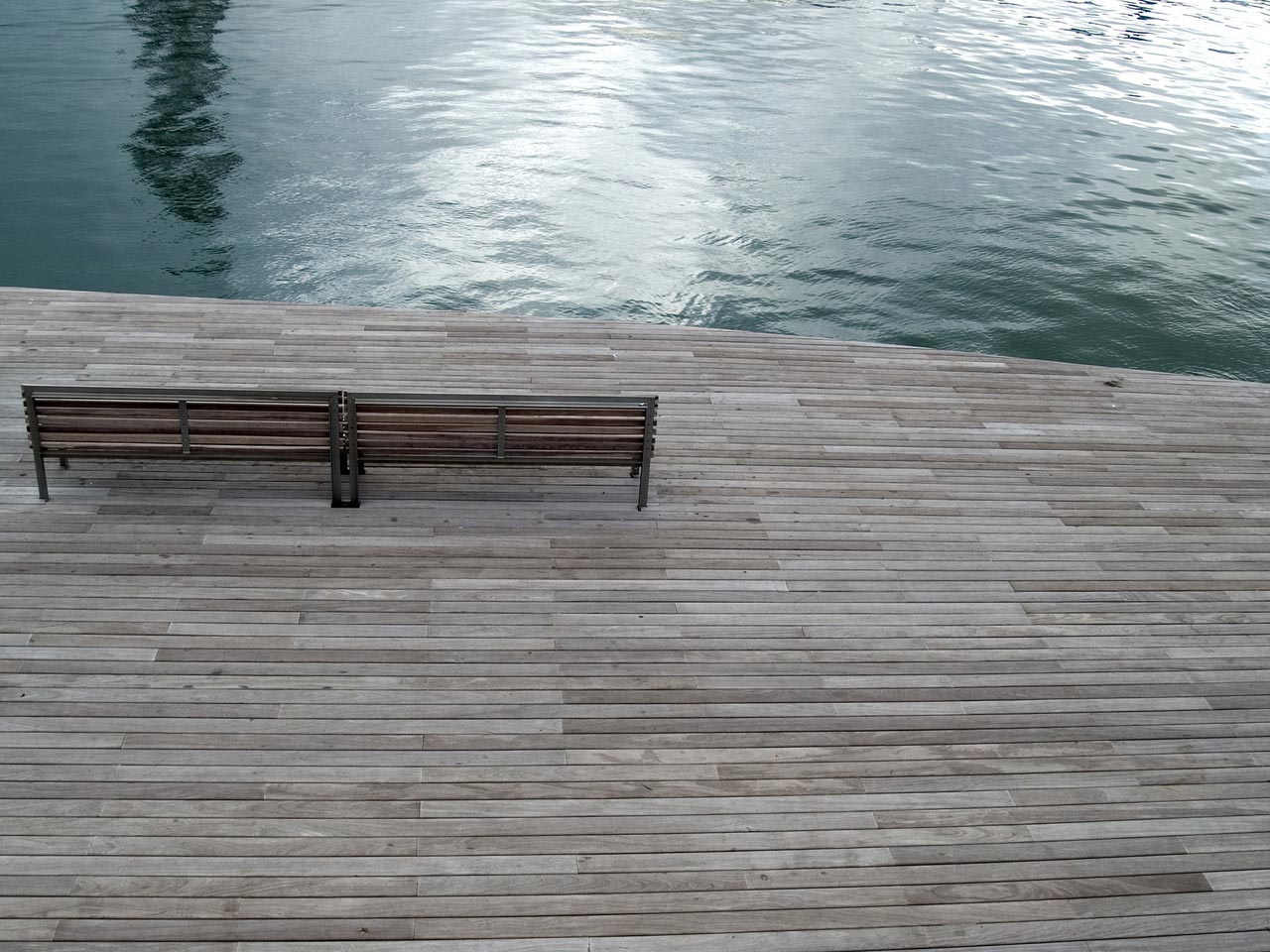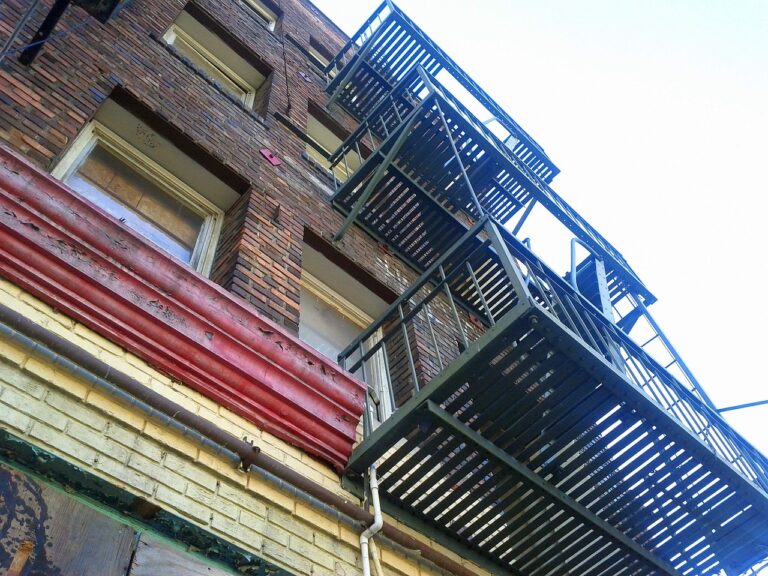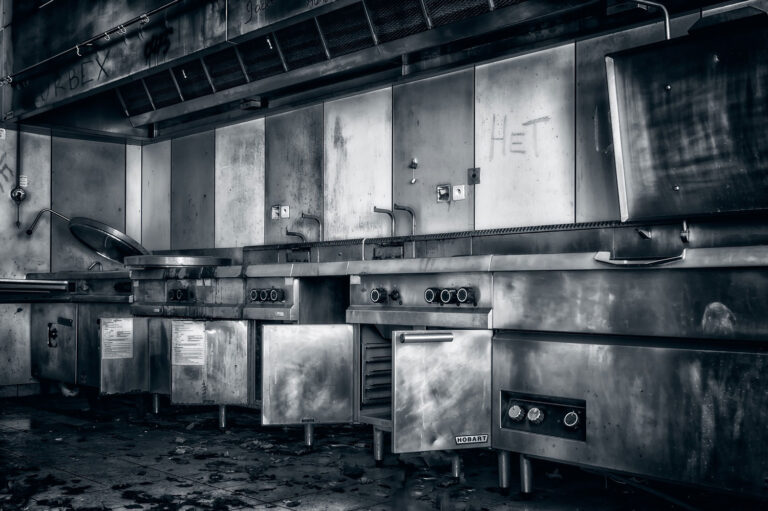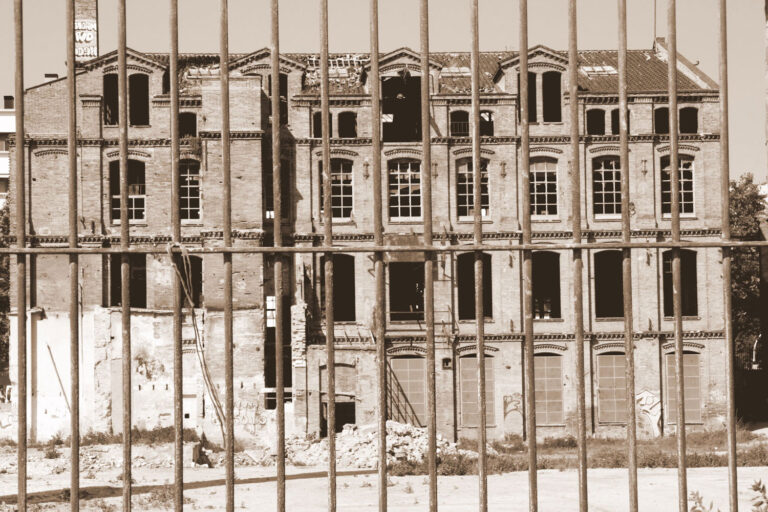After 8 months of waiting and much speculation, the council has made public the PEUAT (Special Urban Plan of Tourist Accommodation) aimed at regulating tourism establishments in the city of Barcelona. This plan will remain on public display for the relevant claims for 3 months after its publication in the BOPB (Official Newsletter of the Province of Barcelona) on 14 March 2016. That is, until 14 June 2016. It is important to note that the published is not definitive. Any interested party may make claims, and then must be debated and approved by the full council, where the party “Barcelona en Comú” (who drafted the plan alone) does not have the majority and must necessarily seek support. Therefore, by pure logic of political majorities and the lobbying potential of the sectors concerned, it appears that the final version will be different from today.
This type of special plans never quite pleases to all parties involved. However, it contributes to organizing an essential activity for the city of Barcelona and responds to a lively debate between those who live in it. In our opinion the goal of “spin” the hotel business to the periphery and decongest the city center, is a good public policy objective. But we do not agree with the method chosen to achieve that objective: the prohibition. We believe that a way of stimulus and encouragement would have had much more logical. Citizens and businesses in Barcelona bear the greatest tax burden in Spain by far, while the city is the least indebted of Spain, also by far and large. This political objective of moving hotel business to less dense areas could be achieved with tax benefits on land tax, commercial tax, construction tax, and license fees for the hotels to be established in these areas and create jobs. In fact, that movement de facto is already happening with the adjoining town of Hospitalet de Llobregat, where there is no moratorium or restriction, and where they are incubating hotel projects for customers whose destination is Barcelona.
Undoubtedly, Barcelona has become a reference worldwide city, and this has helped to attract foreign capital due to the safety and returns offered in investment operations, also in the hotel industry. This fact has not been ignored by the major international hotel operators who have mobilized their expansion teams to establish its flagship hotels in the Catalan capital. According to the progress of the Special Plan, it appears that international chains that have not yet closed their management contracts with any of the projects approved and licensed will have to search through the already built and running hotels settled in the city because if we refer to the plan made public, the centre and the adjacent ring the city is to be frozen as far as new projects are concerned.
Let us summarize the scenario raised by the city council who, we should remember that it took unilaterally last summer 2015 (as advanced in the party political program) the decision to freeze the city hotel licenses.
Although the wording of the 2016 advanced plan is relatively large, the most important issues to consider on future projects regarding the tourism establishments are:
- The downtown area, adjacent area to the center, contained growth area and special area: 4 different areas with different ranges of limitations and define objectives
- The transformation of residential buildings into a hotel becomes prohibited. This is an important point because, therefore, there could only be a hotel in places that were previously used as offices, commercial or retail areas.
- Zero growth policy for tourism establishments throughout the city (HUT-Habitatge Ús Turístic). Read: business Airbnb and similar platforms. It still exists the possibility to group them together in a single building if the current Use Plan (Ciutat Vella) allows it.
- The Special Plan does not include student residences provided they do not operate as a hostel and are linked to an educational institution (universities and training centers).
Each of the four areas defined by the Special Plan (see picture) establish, as we noted, different restrictions and/or regulations. So in the ZE-1 zone (red) no more hotel projects or expansions of places are allowed. It is intended by the municipality a decrease in tourist places. Canceled bed permits cannot even be replaced.
In the ZE-2 zone (yellow), comprising the contour of the central zone (ZE-1) it provides for zero growth of tourist beds and no new licenses will be given unless equal beds are canceled.
In the area ZE-3 (green) there is flexibility in handling tourist licenses (Hotels, Residences …) since they are less stressed areas for tourism establishments. 4,000 growth of hotel rooms is permitted, but minimum distances between establishments have been determined.
Finally, a fourth defined ZE-4 special area (blue), with specific regulations. These are areas that are undergoing transformation and growth. The area 22 @, La Sagrera (where there is projected the urban transformation due to the high-speed train station) and Zona Franca. Each area has a quota of tourist beds to accommodate new projects. In these areas, the policy is a “kick-forward” and not fixing the issue today, but in other future special plans.
Barcelona, as happened in other world cities (London, NYC, Paris …) should grow in terms of tourism using their peripheral neighborhoods, that today still seem marginal and commercially not attractive for tourist. These areas are called to become neighborhoods with their own personality in the city. It is a new stage for risky visionary and disruptive entrepreneurs wanting to invest in these new areas.
The Catalan capital, due to its frenetic pace of constant evolution, is being a constant challenge for the current city administration. It is a huge challenge to satisfy all parties involved in this puzzle: on the one hand maintain the balance between the welfare of local citizens and stress caused by the sustained increase in tourists visiting the city; on the other hand, not slow down the biggest economic activity of the city (in GDP contribution and employment); all together combined with a change in the economic model in the city.
We will closely monitor the situation of the tourism establishments and will keep you informed.
The EXNOVO team





